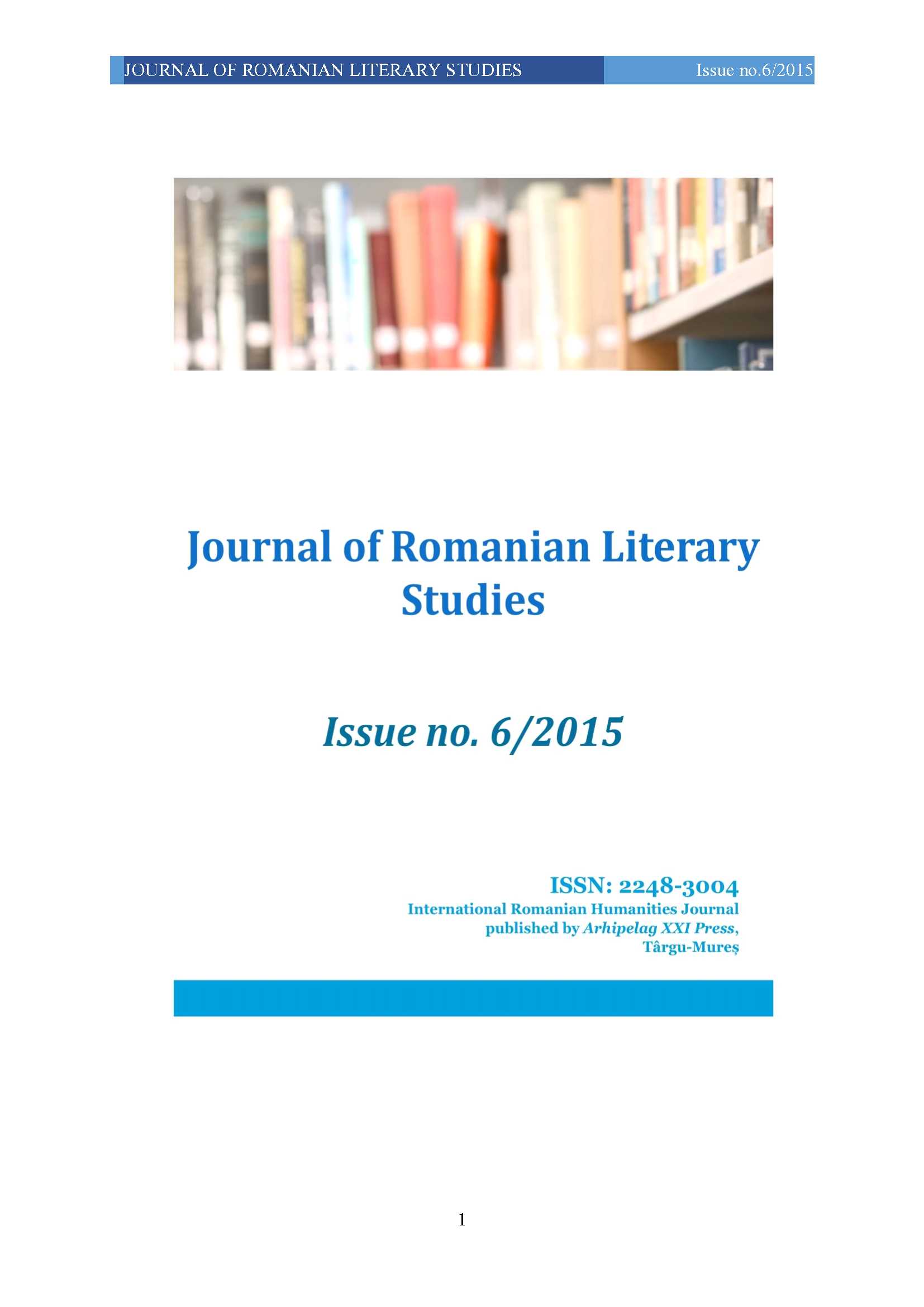NO GIPSY VENUS- ZOLI, ANOTHER HEROINE OF COLUM MCCANN
NO GIPSY VENUS- ZOLI, ANOTHER HEROINE OF COLUM MCCANN
Author(s): Albina Puskás-BajkóSubject(s): Language and Literature Studies, Literary Texts
Published by: Editura Arhipelag XXI
Keywords: Papusza; Gipsy poet; Zoli; Otherness; exotic
Summary/Abstract: Colum McCann has always been fascinated with the "other", in his previous novels, including ”Dancer” and ”This Side of Brightness”, he combined fiction and history with empathetic deftness to study such varied lives as Rudolph Nureyev and the subway diggers of Manhattan. In ”Zoli”he continues his epic exploration of identity to follow the rise and decline of a Romani singer and poet, loosely based on a real-life Gipsy woman, Papusza. Papusza was sentenced to a "Life of Pollution" by Romani society when the Polish government began publishing her poems. McCann switches the action to Czechoslovakia, but the tale is essentially the same.McCann plays with Zoli's torn ego by shifting perspectives. Like ”Dancer”, ” Zoli” begins with its lead as a child entering a new world of Soviet rule. As a girl, Zoli describes her love for the Romani life and idolatry of her Marxist grandfather, her only remaining family member after a Hlinka massacre. He teaches her to read and write, contrary to tradition, and this curious, intelligent girl begins to write her own odes to the Romani life. These early sections are full of stirring, poetic portraits of Romani society and are almost idyllic, even in the face of barbarism. McCann's approach is deliberately didactic. The worst burden, says Zoli, is when "they force us to be what they expect us to be". (see Edward Said, Claude Levi-Strauss, J. Duncan, Franz Fanon, D. Sibley)
Journal: Journal of Romanian Literary Studies
- Issue Year: 2015
- Issue No: 06
- Page Range: 1124-1132
- Page Count: 9
- Language: English

